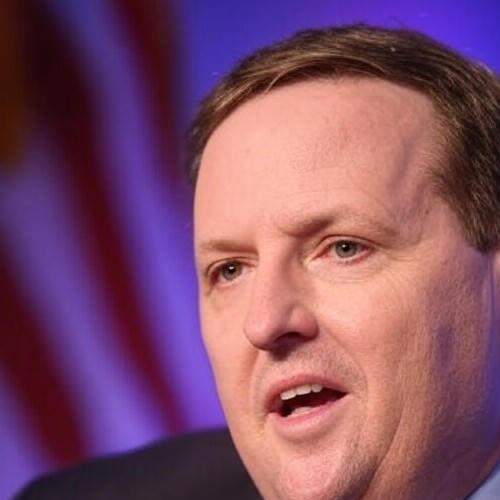Scott Jennings ignited a fervent debate during Thursday night’s edition of CNN’s News Night with Abby Phillip. The conversation took a sharp turn when Jennings highlighted a recent resignation letter from a CDC official that included the term “pregnant people.” This letter was penned by Dr. Demetre Daskalakis in response to the firing of CDC Director Susan Monarez.
In his resignation letter, Daskalakis expressed concern that the CDC was becoming a vehicle for policies that do not reflect scientific reality. He stated, “I am unable to serve in an environment that treats CDC as a tool to generate policies and materials that do not reflect scientific reality and are designed to hurt rather than to improve the public’s health.” He pointed to recent modifications in vaccination schedules as potentially dangerous, particularly for pregnant women and children.
During the segment, Jennings seized on the use of the term “pregnant people.” He took a firm stance, saying, “Call me crazy, but if you tell me men can get pregnant, you have ZERO credibility with me on anything to do with health.” His criticisms were met with mixed reactions from the CNN panel, which included both heated arguments and attempts to regain control over the spiraling discussion. Jennings continued to voice his concerns, stating, “The credibility of some of these folks who are complaining… I can’t think of politicization of science more than that.”
His remarks underscored a growing sentiment that certain aspects of public health policy are being intertwined with political agendas. In light of Jennings’s comments, CNN’s Abby Phillip attempted to redirect the conversation, questioning whether Jennings was prioritizing terminology over broader health issues. Nevertheless, he stood firm. To Jennings, the politicization of such fundamental biological concepts undermines the integrity of public health.
The debate escalated further when White House Press Secretary Karoline Leavitt weighed in. She remarked on Dr. Daskalakis’s terminology, making it clear that the administration does not align with such language. “That’s not someone who we want in this administration anyway,” she asserted, reinforcing the idea that language and identity politics are infiltrating serious health discussions.
In a subsequent appearance on CNN’s The Source with Kaitlin Collins, Daskalakis defended his position. He explained that using terms like “pregnant people” and including his pronouns in the resignation letter was a deliberate action meant to counteract efforts to diminish identities. “I very specifically use the term pregnant people… to make the point that I am defying this terrible strategy at trying to erase people and not allowing them to express their identities,” he stated. His response illustrates a deep concern for the recognition of individual identities within public health discourse.
This exchange lays bare the rift in perspectives on science and public health policies. Jennings’s assertion regarding biological truths and Daskalakis’s focus on identity politics reflect a deeper cultural clash. Lisa De Pasquale, writing in a previous article, characterized Daskalakis’s involvement as emblematic of a troubling trend where personal identity increasingly influences public health narratives.
As the discussions unfolded, audiences witnessed a clash of viewpoints that seem set to intensify. Jennings’s articulation of distrust in the politicization of scientific matters echoes a broader concern about how health policies are shaped. This incident at CNN may just mark another chapter in an ongoing national conversation about science, politics, and the definitions that underpin public health discourse.
"*" indicates required fields


